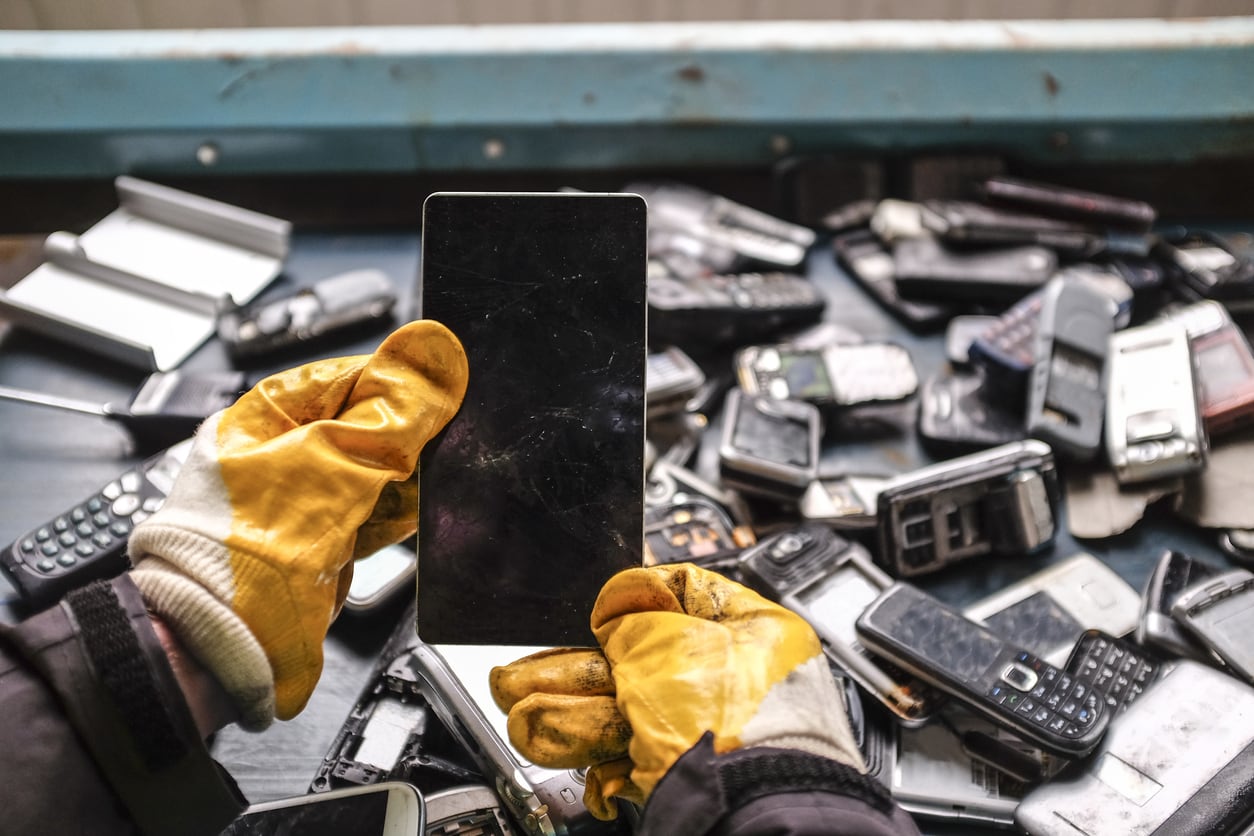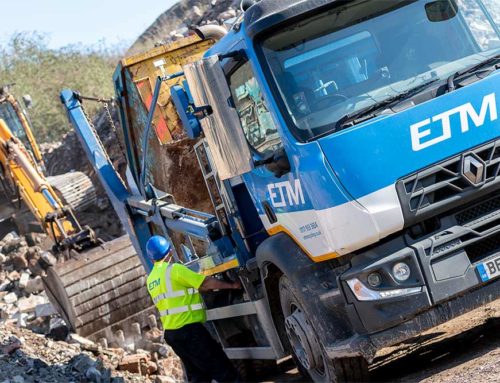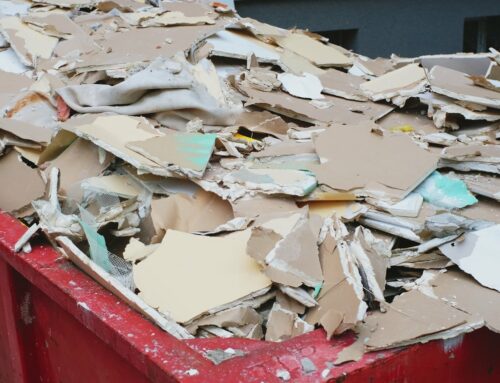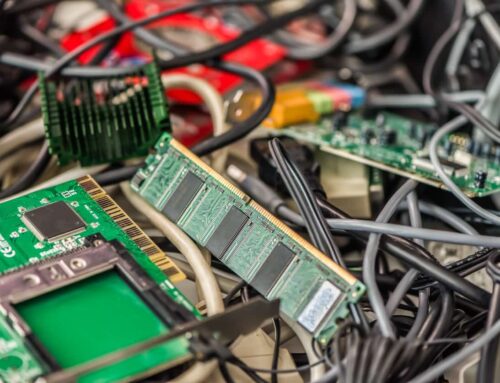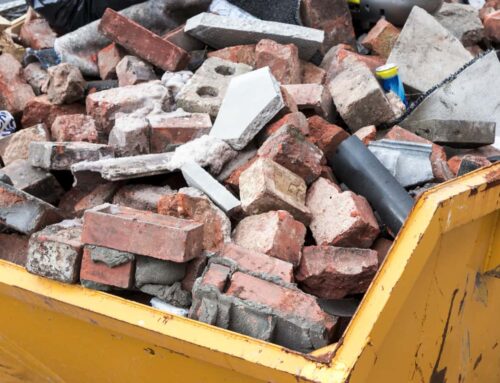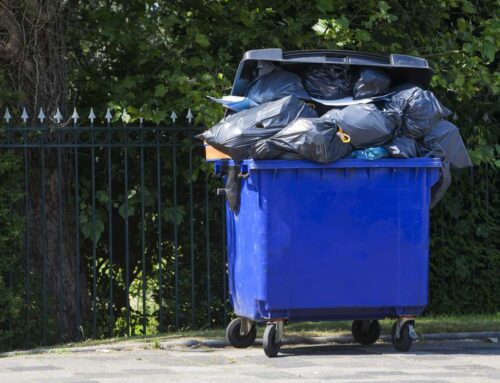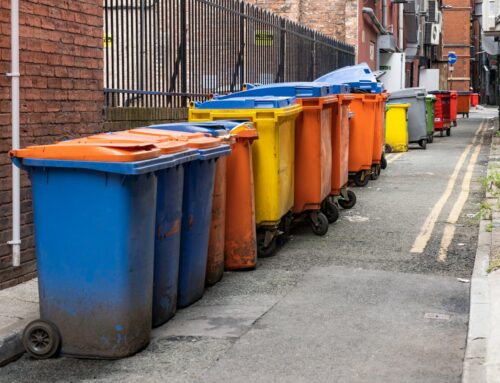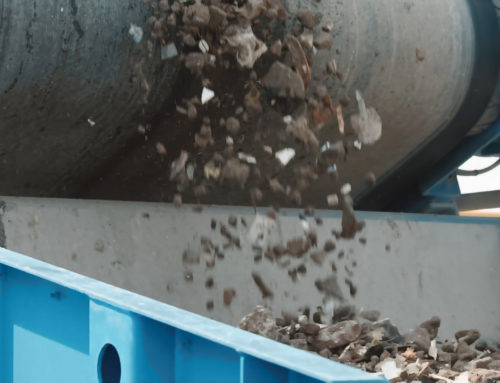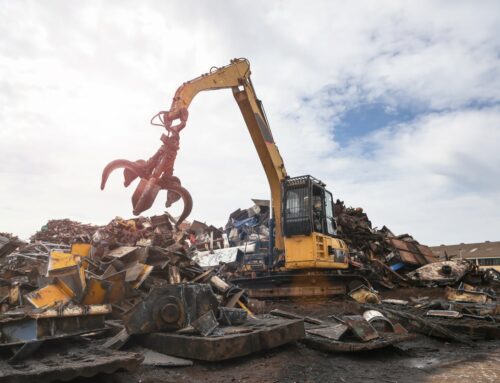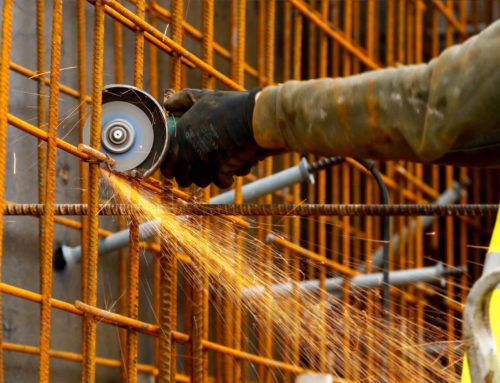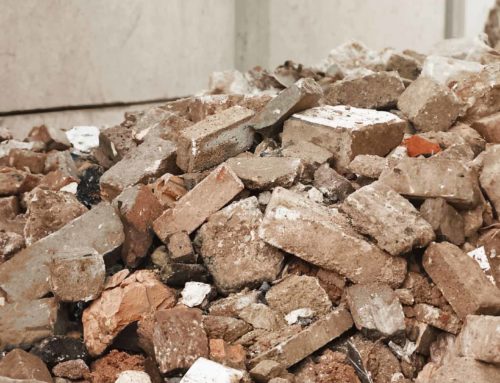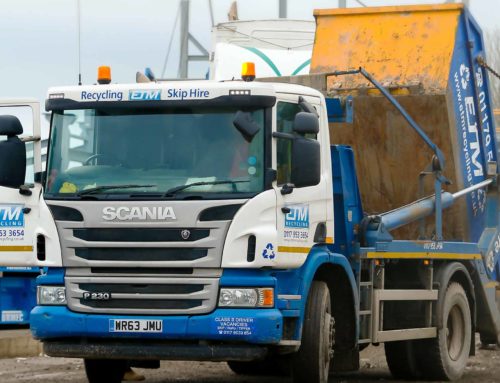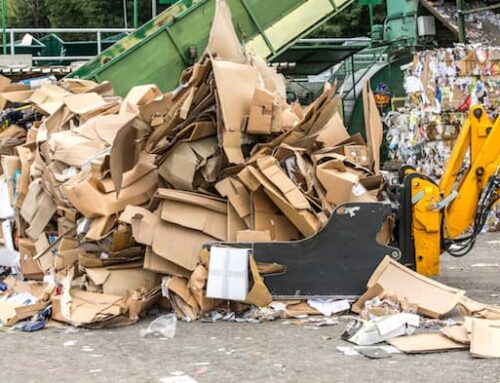When it comes to recycling, we often think of obvious candidates such as plastic bottles or cardboard boxes – but what about our electronics? ‘Electronic recycling’ is searched 700 times per month online, marking a notable gap in our recycling knowledge. Confusion surrounding the correct way to recycle particular materials can easily reduce the proportion of recyclable waste that ends up in landfill. With electronics, the complexity of their internal makeup can make it challenging to distinguish their composite parts. One of the most common recyclable materials within electronics is metal, this is recognised by the regularity with which ‘what materials are used in electronics?’ is searched online.
In this blog from ETM Recycling, we outline some key reasons why the recycling of electronics is so important. We also note the regulations that businesses much comply with when disposing of old electronics. The metal recycling services available with ETM Recycling will also be foregrounded.
For more information about recycling and related topics, take a look at our blog. Posts include The Ultimate Guide to Wood Recycling, Everything You Need to Know About UPVC Recycling and 7 Ways Your Business Can Reduce Its Waste Output.
What Metals are inside electronics?
A wide range of materials are used to produce electronics, these include plastics, chemicals, raw materials and metals. Metals used include copper, lithium, tin, silver, gold, nickel, and aluminium. The metals featured within electronics serve a variety of functions, increased durability, improved functionality and even ease of cleaning. Some electronics contain larger proportions of metal than others – which has a knock-on effect on their ‘recyclability’. For example, laptops are comprised of approximately 50% metal, making them ideal candidates for recycling. Parts such as circuit boards and copper wiring contain large amounts of metal. Unsure about the metals within your electronic devices? Industry experts such as those at ETM Recycling are on hand to offer advice tailored to your electronic disposal needs.
Why Recycle Electronics?
Recycling Electronics is Easier Than Ever
As a rule of thumb, electronics should never be disposed of alongside household waste. Luckily, there are a wide variety of options for those looking to recycle electronics. Recyclable electronic items include personal computers, toys and leisure equipment, large household electricals and even garden power tools. Firstly, there are a variety of designated e-recycling businesses that allow customers to dispose of their unwanted electricals without creating toxic landfill waste. Many local recycling schemes also include collections or drop off points for electrical devices. In addition to these more widely known options, many manufacturers also operate take back programs which allow customers to return their old device then they are in the market for a new one.
Limit Hazards
Electrical and electronic products contain a variety of hazardous substances which have the potential to cause lasting damage to the environment, wildlife, and human health. Substances included in electrical elements include arsenic, lead and mercury – all of which are dangerous when disposed of irresponsibly. Recycling your unwanted electronic devices reduces the quantity of harmful substances that enter our environment and give rise to negative effects.
Data Destroyed Effectively
In addition to environmental advantages, recycling electronics has a range of data protection advantages. Many of the electronic recycling services provided by specialist providers include an initial data stripping stage, which ensures that all confidential data is removed from a device before it is recycled. If data is not effectively removed from a device, your personal information and documents may be at risk. So not only do some electrical recycling solutions effectively dispose of your waste, they keep you safe too!
They’re Full of Metals!
In addition to the metals previously stated, it is also widely understood that electronics can contain rare metals within their structure. In many instances, rare metals possess greater value and will be highly desirable to recycling businesses looking to create new products. All of an electrical device’s composite metal can be melted down and reused in new devices or other manufacturing processes – which in turn, reduces the amount of unnecessary waste going to landfill.
What Regulations Must be Followed When Recycling Electronics?
As with many recyclable products, there are particular protocols to be followed when recycling electronics. The recycling of waste electrical and electronic equipment (WEEE) is a specialist area of the waste and recycling sector. WEEE regulations cover the majority of products that feature a plug or battery. WEEE regulations separate types of electricals into categories, with each category having a preferred recycling protocol. Categories include large household appliances, lighting equipment and electrical and electronic tools to name a few. Depending on what your business is looking to recycle, you may wish to enlist the help of specialists such as those at ETM recycling. This way, you can be certain that your disposal procedures adhere to the necessary legislation.
Recycle Electronics with ETM Recycling
Unsure of what to do with an unusable laptop? Clearing out your business’ tech supply? Valuable materials needn’t go to waste. Recycling your electronics with the help of specialists such as ETM Recycling offers your business the peace of mind that your old electronics are being recycled efficiently and in adherence to government regulation. In addition to being experts in metal recycling, we also offer recycling services for wood, plastic and cardboard to name a few. For more information about our services, get in touch today.
